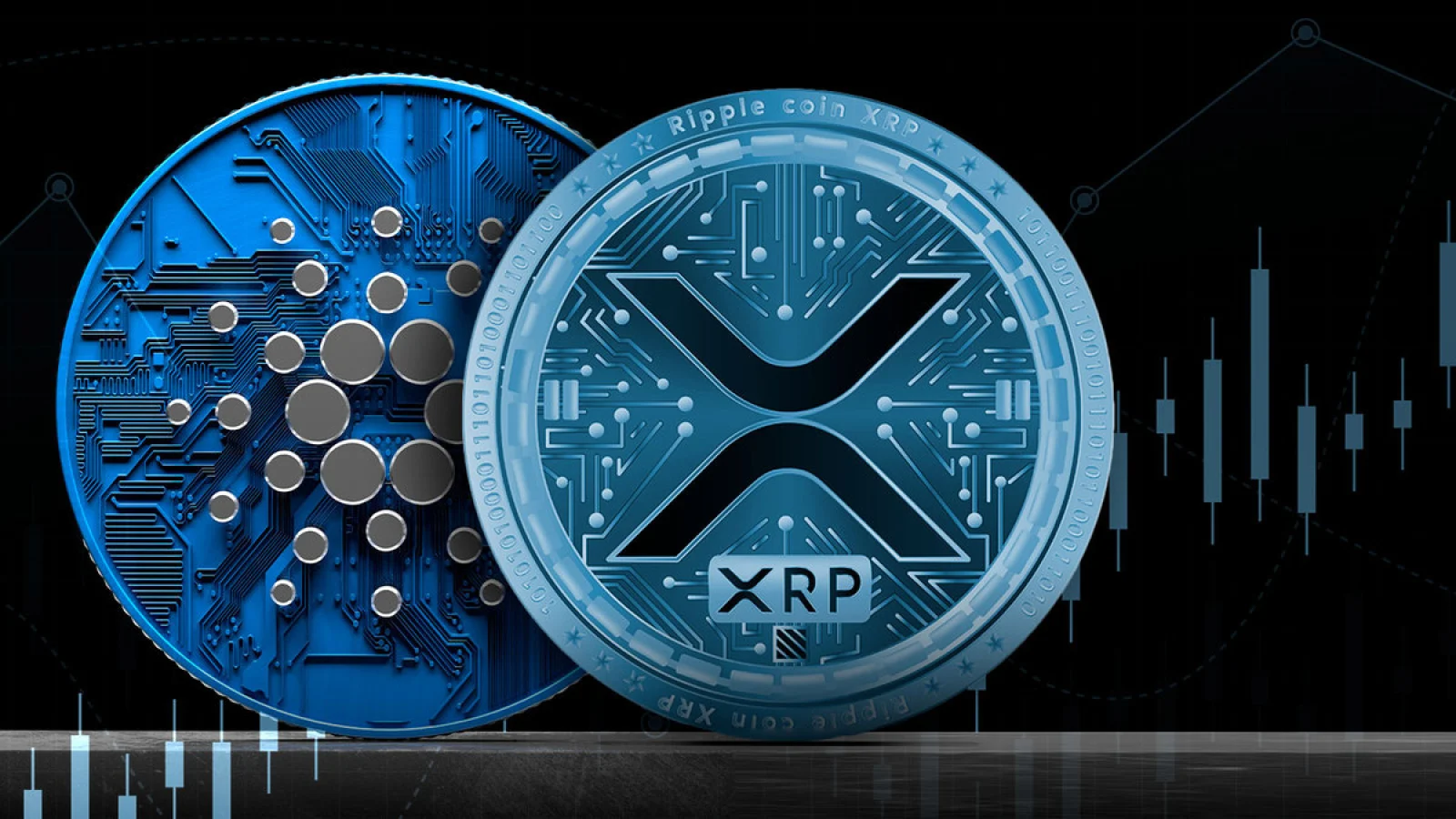|
Getting your Trinity Audio player ready...
|
The United States Securities and Exchange Commission (SEC) has once again delayed its decision on whether to allow options tied to spot Ether (ETH) exchange-traded funds (ETFs) to be listed. According to a filing released on Oct. 11, the SEC extended the deadline for a ruling on Cboe Exchange’s proposal to list options on several popular spot Ethereum funds, pushing the decision from Oct. 19 to Dec. 3, 2024.
This latest postponement follows a growing trend of SEC delays regarding the approval of crypto-based ETFs, as the agency takes its time to review the rapidly evolving market.
SEC’s Reluctance On Ethereum ETFs
In August, Cboe filed a request with the SEC to list options on nine Ethereum ETFs, including BlackRock’s iShares Ethereum Trust, Fidelity Ethereum Fund, and Grayscale’s Ethereum and Mini Ethereum Trusts. However, despite the anticipation, the SEC has shown hesitation in approving these options, leaving market participants waiting for clarity.
This delay mirrors a similar action the SEC took in September when it postponed a decision on Nasdaq’s proposal to list options for iShares Ethereum Trust. While the SEC authorized Bitcoin ETF options for BlackRock’s iShares Bitcoin Trust (IBIT) on Sept. 20, Ethereum-based options have not yet received the green light.
Despite the SEC’s reluctance on Ethereum options, Bitcoin ETF options have seen progress. The SEC approved Bitcoin options for BlackRock’s ETF in September, although these contracts are still pending final approval from the Commodity Futures Trading Commission (CFTC) and the Options Clearing Corporation (OCC). Industry experts, like Bloomberg Intelligence analyst James Seyffart, predict that Bitcoin options could be available to U.S. investors by the first quarter of 2025.
Seyffart noted that while there’s a possibility for Bitcoin options to launch by the end of 2024, it is more likely that investors will see these products hit the market in early 2025.
The Significance of Crypto Options
Options, a type of financial derivative, grant investors the right—but not the obligation—to buy or sell an asset at a predetermined price. These tools are widely used in traditional finance to hedge against market volatility or speculate on price movements. As crypto options gain traction, they offer a new way for investors to manage risk or seek profits in the rapidly evolving digital asset space.
Listing spot crypto options on regulated U.S. exchanges represents a significant milestone for the market, providing investors with increased confidence and safeguarding against counterparty risk, thanks to the oversight of the OCC.
“Crypto options are an exciting advancement for investors,” said Jeff Park, Bitwise Invest’s head of alpha strategies, in a post on X (formerly Twitter). He emphasized that these products could offer “extremely compelling opportunities” as the market matures.
The Path Ahead
The SEC’s latest delay reflects ongoing caution in navigating the complexities of crypto derivatives. With the agency under pressure to ensure regulatory safeguards, investors are left in a holding pattern as they await the official introduction of Ethereum options to U.S. exchanges.
Also Read: Bitnomial vs. SEC – A Legal Battle That Could Redefine $XRP Futures Trading
The increasing interest in crypto ETFs, paired with demand for sophisticated trading tools like options, underscores the growing acceptance of digital assets in mainstream finance. If Ethereum options follow the path of Bitcoin options, they could create new opportunities for institutional and retail investors alike, reshaping the future of crypto investment strategies.
As the Dec. 3 deadline approaches, market participants will closely watch the SEC’s moves, eager for developments that could shape the next phase of crypto trading in the United States.
Disclaimer: The information in this article is for general purposes only and does not constitute financial advice. The author’s views are personal and may not reflect the views of Chain Affairs. Before making any investment decisions, you should always conduct your own research. Chain Affairs is not responsible for any financial losses.
I’m your translator between the financial Old World and the new frontier of crypto. After a career demystifying economics and markets, I enjoy elucidating crypto – from investment risks to earth-shaking potential. Let’s explore!




